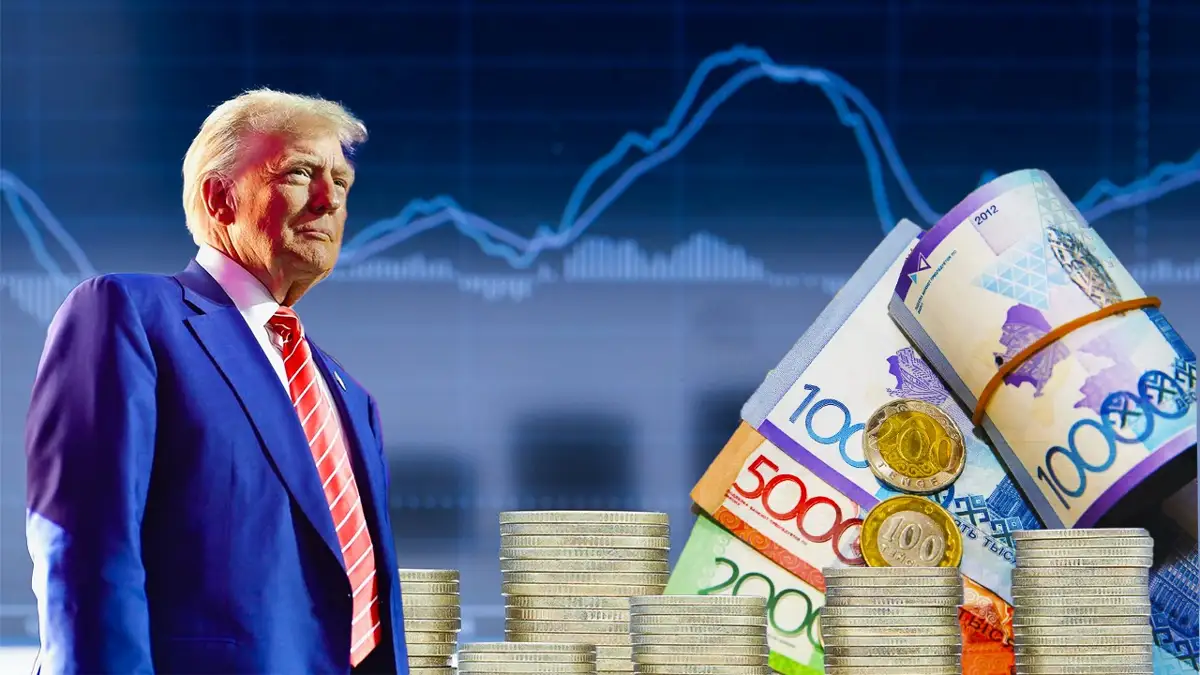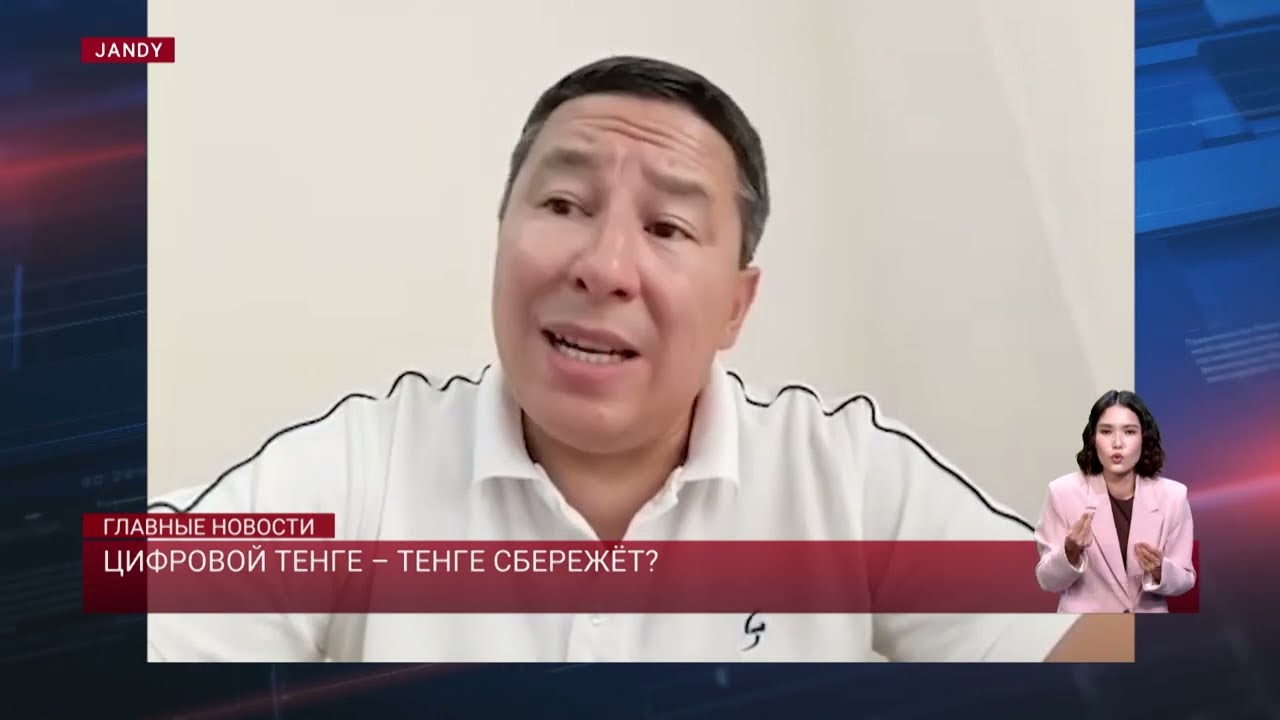On January 20, Trump officially took office as President of the United States. The exchange rate of the US currency decreased slightly against tenge following the results of afternoon trading on KASE on January 20.
Economist Arman Beisembayev noted that this is a normal market reaction.
— Donald Trump's inauguration took place yesterday. We watched the dynamics of the dollar exchange rate, and it dropped a little. This is a phenomenon that can be described as "buy on rumors, sell on facts." Since the election of Donald Trump in November last year, the dollar has steadily strengthened, but it began to weaken at the inauguration. We saw that other currencies, such as the euro and the pound sterling, were rising yesterday. This market behavior should not be surprising," he said.

Arman Beisembayev
Photo: from my personal archive
The further dynamics of the dollar exchange rate, according to him, will depend on what decisions the newly elected US president makes, who promised to introduce a set of measures.
— I don't think it will have any serious impact on Kazakhstan at the moment. But there are certain risks in the long run. These risks may begin to materialize in the second half of the year, when it becomes clear in which direction Trump's policy will move. The conflict between Russia and Ukraine should also be resolved in the second half of the year. The outcome of this conflict will have a significant impact on the fate of our region," Arman Beisembayev said.
The expert noted that Donald Trump, trying to avoid mistakes like those that occurred in Afghanistan, does not want to appear weak in the international arena. Therefore, according to the expert, Trump will try to resolve the current conflict, but the process will be difficult and far from fast.
— The dynamics of the tenge exchange rate will largely depend on the state of the Russian economy. There are just a lot of questions here. That is, in the first half of the year, I would not expect anything terrible, but the problem may appear later. I believe that the most difficult thing for the Russian economy will begin after the end of the conflict. At the moment, Russia's economic growth is supported by the military-industrial complex, which makes it possible to keep other sectors afloat. For example, they already have alarming signals about logistics problems — this is the first sign that the economy may enter a crisis phase. As a rule, when logistics starts to fail, problems in other industries follow. There are also problems with agriculture caused by a shortage of labor. These problems may manifest themselves in the second half of the year," the economist added.
A further weakening of the ruble may have a negative impact on the economy of Kazakhstan.
— In the first half of the year, the tenge exchange rate is likely to remain in the range of about 530 tenge per dollar. However, there is every chance of a moderate strengthening of the currency, and it is quite possible that we will return to the levels of 505-510 tenge per dollar. This is a realistic scenario, as market dynamics are not always linear, and financial markets experience wave-like fluctuations. Nevertheless, if certain risks are realized in the second half of the year, there is a possibility of a reverse reversal. In this case, the tenge exchange rate may return to around 530 tenge per dollar, and in the worst case, weaken to 550 tenge. This is again provided that the risks are realized. In addition, we must not forget that Trump can unleash a trade war, and a US strike on China will inevitably affect Russia, which, in turn, will affect the economy of Kazakhstan," Beisembayev believes.
Economist Askar Kysykov noted that the dynamics of the tenge is influenced by two key factors — oil prices and the Russian ruble. Kazakhstan faces significant risks in both these areas.

Askar Kysikov
Photo: from my personal archive
"There is a risk of weakening oil prices, but I don't think that even taking into account the fact that Trump declared that he would "flood the whole world with oil," this would lead to a critical drop in prices," says Kysykov. — Perhaps the price will decrease a little, but I do not expect a critical decrease. The greater risk for Kazakhstan comes from the ruble. We import a lot of things, and we have a historical parity of 5 tenge per ruble. This will have a significant impact on the tenge exchange rate," the speaker said.
Kazakhstan is currently experiencing high demand for foreign currency due to devaluation expectations, the expert noted. Therefore, the National Bank is forced to intervene and conduct interventions to curb the growth of the exchange rate.
— I think that the pressure on the exchange rate will continue, but it is important to take into account that the National Bank has all the tools to maintain stability. It will smooth out volatility and prevent the destabilization of the foreign exchange market. Therefore, in the long term, the tenge exchange rate will weaken, but there will be no sharp fluctuations. I expect that the exchange rate will remain in the range of 530-550 tenge per dollar in the first half of the year.
Author: Еламан Турысбеков
Source: https://www.inform.kz/ru/tramp-vernulsya-chto-budet-s-tenge-68bde5



